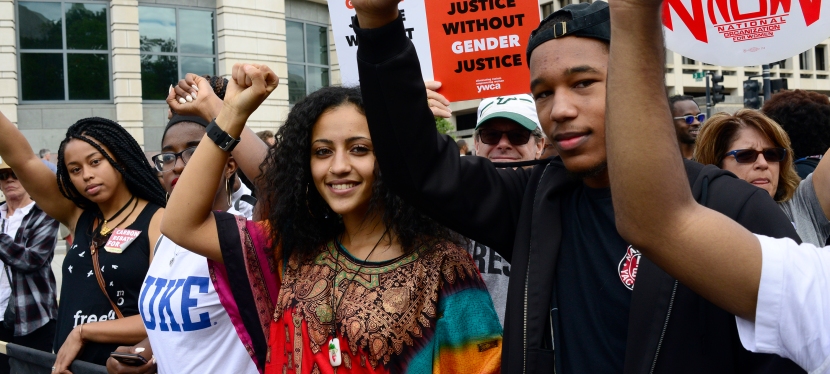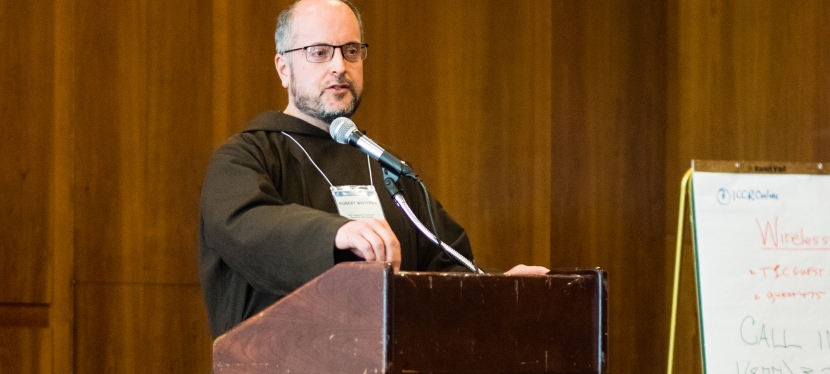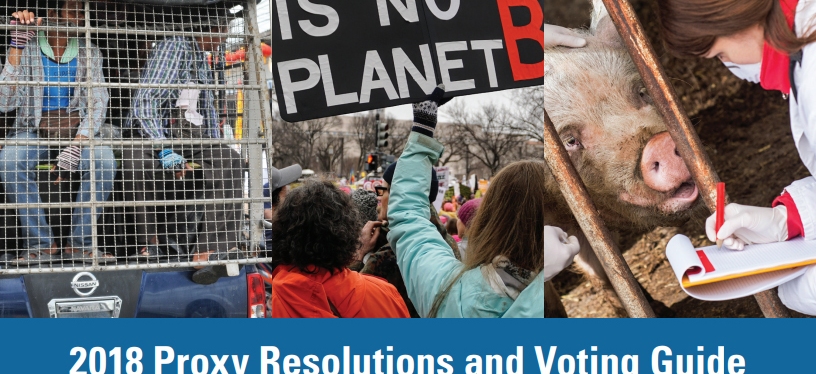At the fifth anniversary of the collapse of the Rana Plaza building in Bangladesh which resulted in the deaths of over 1,100 garment workers, SGI joins ICCR members in an investor statement assessing advancements made to improve worker health and safety in the Bangladesh apparel sector.
Within months of the disaster, the Bangladesh Accord on Fire and Building Safety was established as a model for collective action between brands and retailers sourcing in Bangladesh, as well as global and local trade unions, and NGOs, to inspect the country’s apparel factories and implement necessary reforms to safeguard workers.
Led by the Interfaith Center on Corporate Responsibility, the Bangladesh Investor initiative, an investor coalition comprising 250 institutional investors representing over $4.5 trillion in assets under management, was formed in May of 2013 to urge a strong corporate response to Rana Plaza including participation in the Accord. Further, in their engagements with companies the investors made four main recommendations:
- Join the legally binding Accord on Fire and Building Safety (Accord) signed by trade unions, brands and retailers with NGOs as witness signatories;
- Commit to strengthening local trade unions and ensuring a living wage for all workers including through their engagement with the Bangladesh government;
- Publicly disclose all their suppliers including those from Bangladesh;
- Ensure that appropriate grievance mechanisms and effective remedies, including compensation, are in place for affected workers and families.
The investors argue that supply chain transparency is critical to safeguarding worker safety and employer responsibility since visibility into extended supply chains, including sub-contractors, is a precondition to identifying risks, including safety, forced labor, harassment, discrimination and denial of freedom of association.
“Stakeholders, including investors, rely on transparency as a tool for evaluating corporate performance on a range of social, environmental and governance issues,” observed Lauren Compere, Managing Director of Boston Common Asset Management. “The Accord has been very transparent in requiring disclosure of each of the 1,600 factories it covers which helps investors track progress. This disclosure requirement is a ‘best practice’ that all companies need to implement, beginning with 1st tier suppliers, then throughout their extended supply chains.”
The Accord model has proven to be effective due to the binding nature of the agreement, and a governance structure that has equal representation of brands and trade unions with an independent chair from the International Labor Organization.
“We applaud the Accord for Fire and Building Safety for establishing safer factories through collective action at an unprecedented level, with 220 brands using their leverage to change supplier behavior in partnership with global and local trade unions,” said David Schilling, Senior Program Director, ICCR. “This transformative model should be applied and adapted to at-risk supply chains in other sectors and countries.”
Investors have been pressing companies and their boards to take the ‘high road’ when setting prices to enable factories to pay fair wages and comply with workplace human rights standards, including freedom of association and collective bargaining.
“Investors have the ability to influence company directors. This means that moral responsibilities accompany the rights we enjoy as shareholders,” said Steve Waygood, Chief Responsible Investment Officer, Aviva Investors. “The casual disregard for employee welfare demonstrated by the directors involved in the Rana Plaza catastrophe should be unacceptable to anyone. As institutional investors, we should challenge corruption and exploitation in all its forms wherever we find it. Ensuring we motivate the right kinds of corporate behavior is part of our own duty to our clients.”
While the investors are pleased with progress made by the Accord, they emphasize that the job of remediating all the issues is far from done and will continue to urge those companies that have not signed on to the 2018 Accord and its three-year extension to do so.
“It has been five years since the nightmare that took place at Rana Plaza, and while significant progress has been made by the Accord to address the root causes of the tragedy, we must not forget that these workplace risks persist in many sectors across the globe,” said Sr. Barbara Aires of the Sisters of Charity of St. Elizabeth, NJ. “The moral and business imperative for corporations to preempt these risks by implementing comprehensive safeguards throughout their supply chains is clear. As investors and stakeholders, we will continue to monitor progress on these concerns in the Bangladesh apparel sector and beyond.”
To see the full statement, please visit here. See more from ICCR here.









